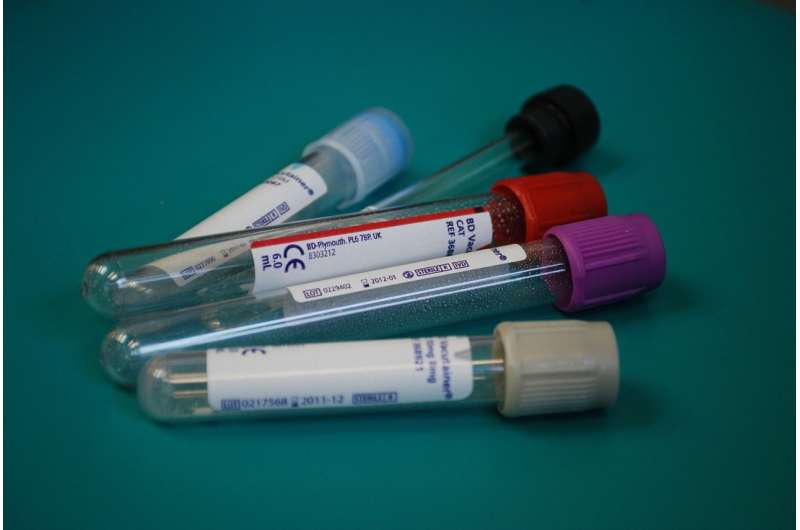
Frontotemporal dementia is the second most common cause of dementia in the working age population. Its diagnostics are complicated by the similar symptoms presented by patients with psychiatric disorders or other neurodegenerative diseases as well as the lack of reliable diagnostic tools for differentiating these patients from each other.
A new study by researchers at the University of Eastern Finland shows for the first time that blood-based measurement of glial fibrillary acidic protein (GFAP) enables distinguishing patients with frontotemporal dementia from those with primary psychiatric disorders or healthy individuals. The levels…
























